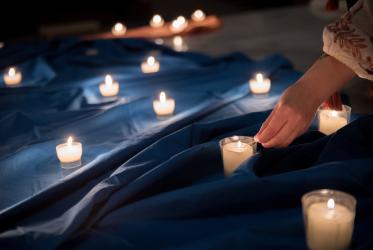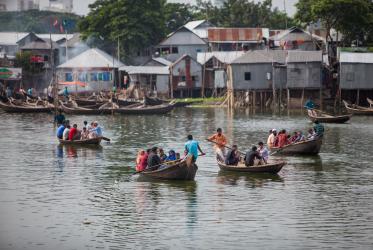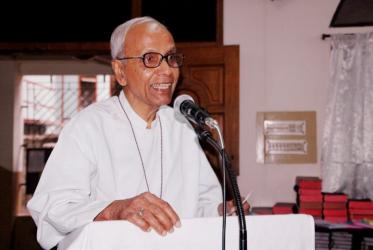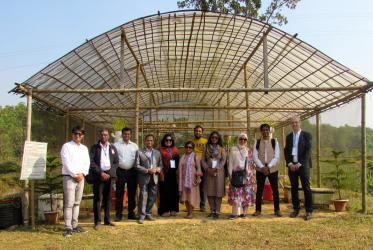Bangladesh
Bangladesh is one of the least developed and most densely populated countries in Asia. The country and the people have thousands of years of history behind them. Hindu and Buddhist traders originally settled the area. Islam arrived during the 13th century, and Bengal became part of the Moghul empire. Known as East Pakistan following the partition of the Indian sub-continent in 1947, the country went through a succession of upheavals. The first, in 1952, was the struggle to retain and honour the mother tongue Bangla of the Bengalis. The outcome of this language movement established the ground for the struggle for independence, in 1964, 1969, and finally in 1971, when Bangladesh achieved its sovereignty after a bloody liberation war against Pakistan. Bangladesh is a low-lying country with an extensive network of rivers, which determine much of the socio-economic life of the nation. Each year about a third of the country is subject to major flooding, tropical storms, tidal waves, and cyclones. Islam became the state religion in 1988. Christians form a tiny minority. Most of the churches belong to the evangelical family. Besides the National Council of Churches there is a National Christian Fellowship, affiliated with the WEA.




